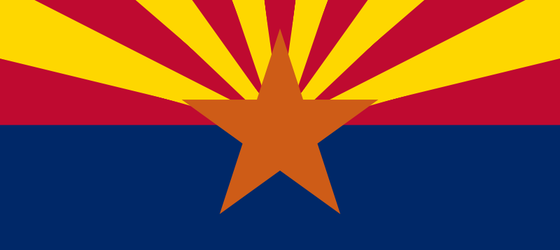New California privacy enforcement office -- California Attorney General Kamala Harris has created a new privacy protection and enforcement unit. The unit will be housed in the Department of Justice and will focus on protecting consumer and individual privacy through civil prosecution of state and federal privacy laws, a news release said. "The Privacy Unit’s mission to enforce and protect privacy is broad. It will enforce laws regulating the collection, retention, disclosure, and destruction of private or sensitive information by individuals, organizations, and the government. This includes laws relating to cyber privacy, health privacy, financial privacy, identity theft, government records and data breaches. By combining the various privacy functions of the Department of Justice into a single enforcement and education unit with privacy expertise, California will be better equipped to enforce state privacy laws and protect citizens’ privacy rights. " Joanne McNabb, who ran the now de-funded California Office of Privacy Protection, will serve as director of privacy education and policy for the unit.


